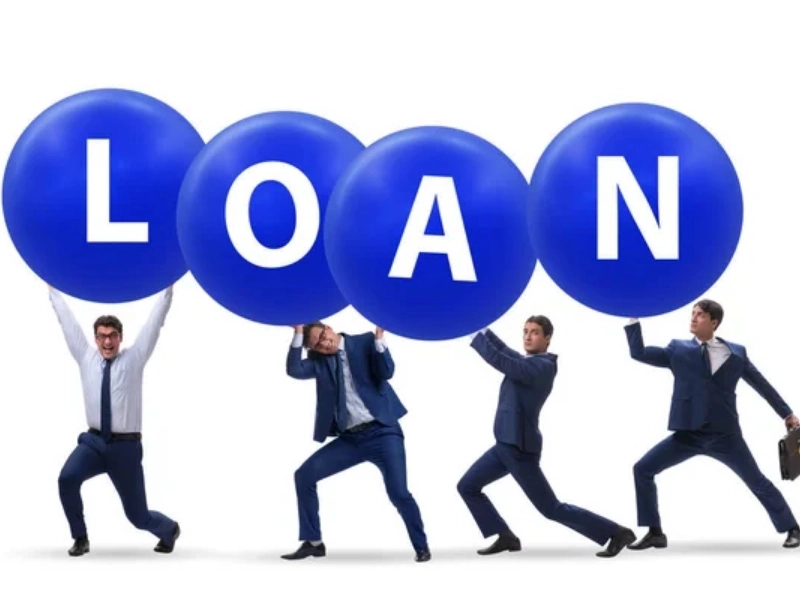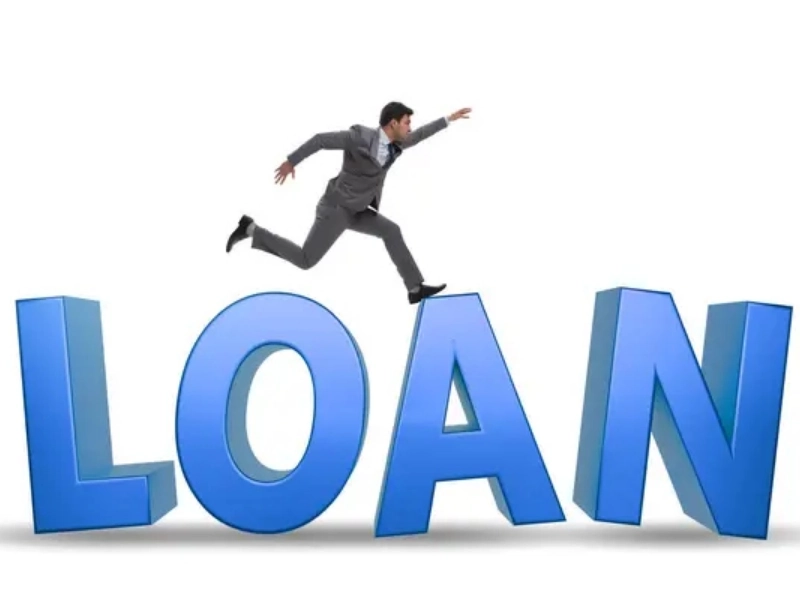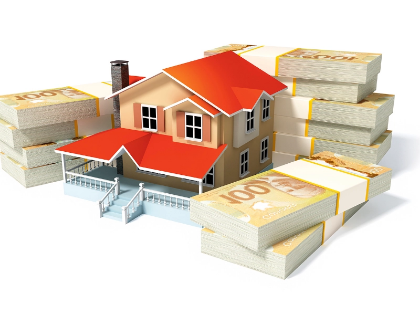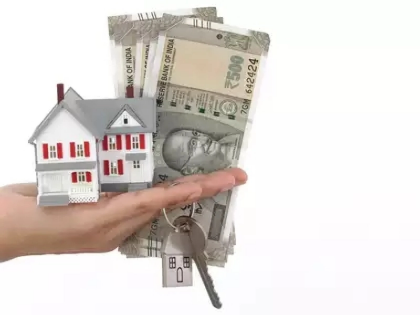The revised conditions of your loan, including interest rates and monthly payments, are estimated using our mortgage refinance calculator. It also determines your break-even threshold and closing costs.
Rates of interest

Your monthly savings may rise in response to a decreased mortgage interest rate, particularly if you have an adjustable-rate loan. However, the refinancing's upfront costs could cancel out your savings.
Closing expenses are normally associated with refinancing and range from 2 to 5% of the entire loan amount. These costs consist of appraisal fees, bank fees, and legal costs. This computation excludes other costs like mortgage insurance, property taxes, and homeowners association dues.
The length of time you want to keep your mortgage will also determine if a refinance makes sense. If you remain in your house for a longer period of time than it takes to recover all refinance costs, refinancing is more likely to be profitable. Understanding the break-even point, or the amount of time it will take for your mortgage payments to cover all refinance costs, is crucial for this reason. You may find this by summing up all of the refinance charges and calculating your current payment using the calculator.
Cash

You could save money with a refinance by having a smaller monthly mortgage payment or paying less interest. The specifics of your loan and your financial objectives will determine how much money you save. However, generally speaking, if you could reduce your rate by just one percent, it would usually be worth the upfront expenses of a refinance.
You can use our refinance calculator to see how long it will take your monthly savings to cover the refinance loan closing costs. You can then decide if it makes more sense to wait until your home equity has increased or to refinance immediately.
The advantages of a cash-out refinance, which allows you to borrow against the equity in your house, are also displayed by this calculator. You may manage debt, finance a significant purchase, and pay off your current mortgage with this kind of refinance. However, keep in mind that this alternative can be pricey, so make sure to compare rates offered by various lenders.
Final Expenses

You will probably pay closing costs when you refinance, which might add up to a sizable sum. Appraisals, mortgage application fees, and loan origination fees are all included in the closing costs. These might be rolled into your new mortgage or paid upfront.
You can determine which option makes the most sense for your situation by using a refinance calculator. It provides you with expected savings over time by comparing your existing mortgage with a possible refinance loan. The tool allows you to estimate the principal balance and monthly payments for a new loan.
Refinancing usually makes sense if the anticipated interest savings outweigh your closing costs up front. Up until then, the color of the slider and bar will turn red. If you have a career that requires frequent relocation or if you intend to sell your house in the next few years, it can take longer. After that, the refinance costs won't be completely offset by your monthly savings for a while.
Taxes

Refinancing is taking out a new loan in place of your current mortgage, which may have a different term or a cheaper interest rate overall. This can lower your interest costs, lower your monthly payment, and potentially remove the need for private mortgage insurance (PMI).
Any up-front fees and closing costs associated with a refinance, such as origination fees, appraisal fees, attorney fees, and credit report fees, which usually range from 2% to 5% of the loan amount, must be taken into account. Then, to determine how long it will take to recoup the costs of your refinance, you must compare that amount to your anticipated monthly after-tax savings.
Although refinancing might be a great way to save money on your mortgage, you should first think about your goals and financial situation. If refinancing is the best option for you, an Ameriprise financial counselor can examine your whole situation. To begin, make an online appointment right now.
Recommended Reading: Providing Access to Credit and Financial Services through Payday Loans and Financial Inclusion
























Makes complexity feel optional.
Retains optional escape hatches.
Packs a portability punch.